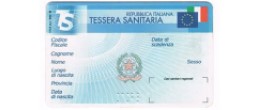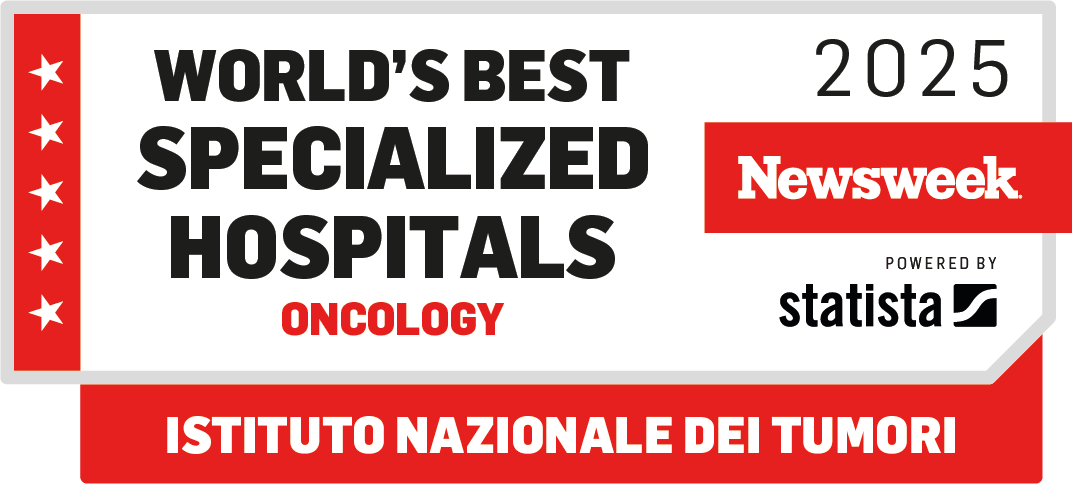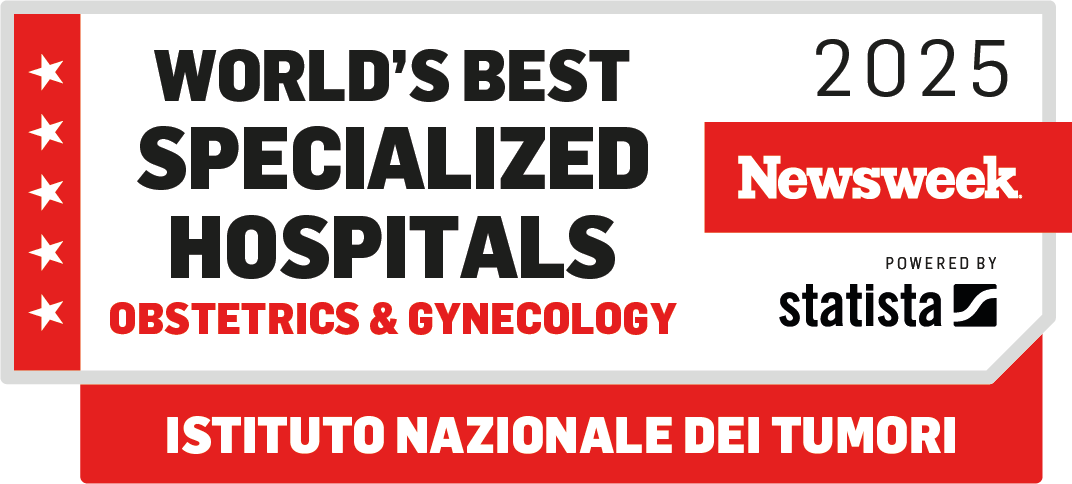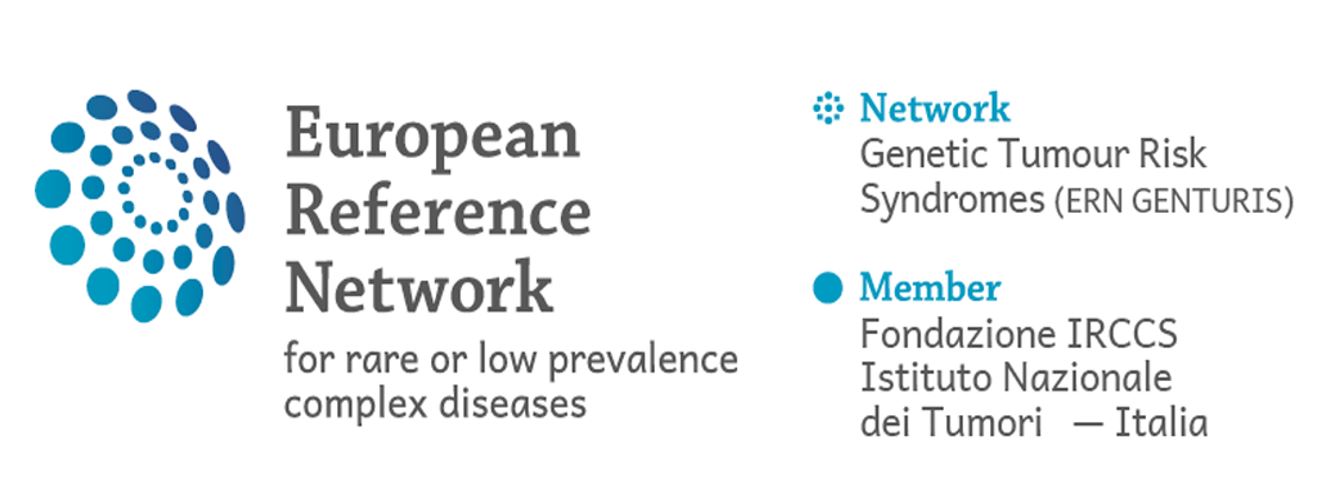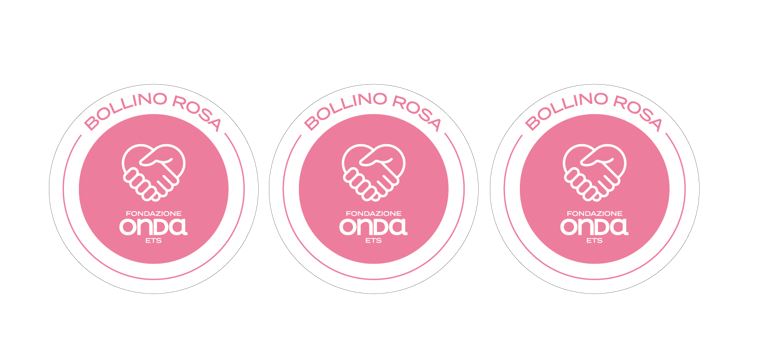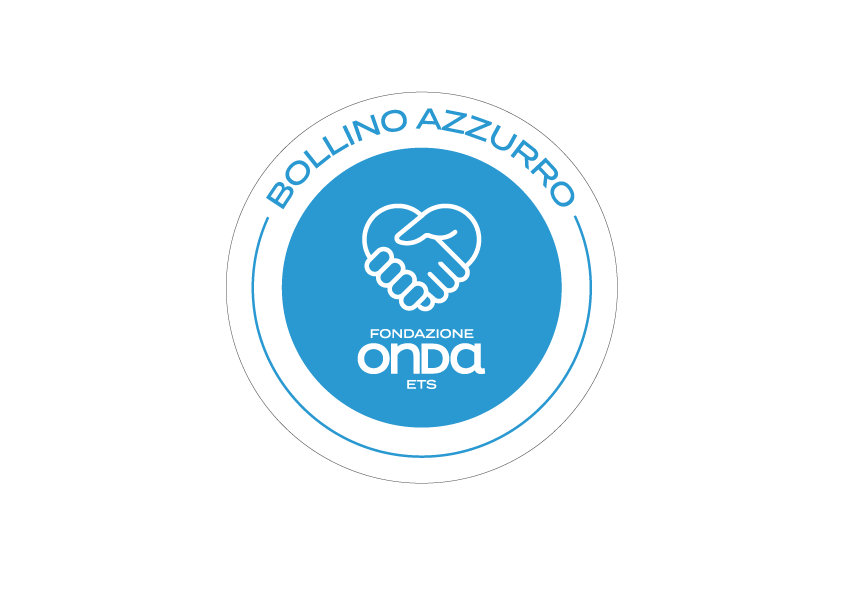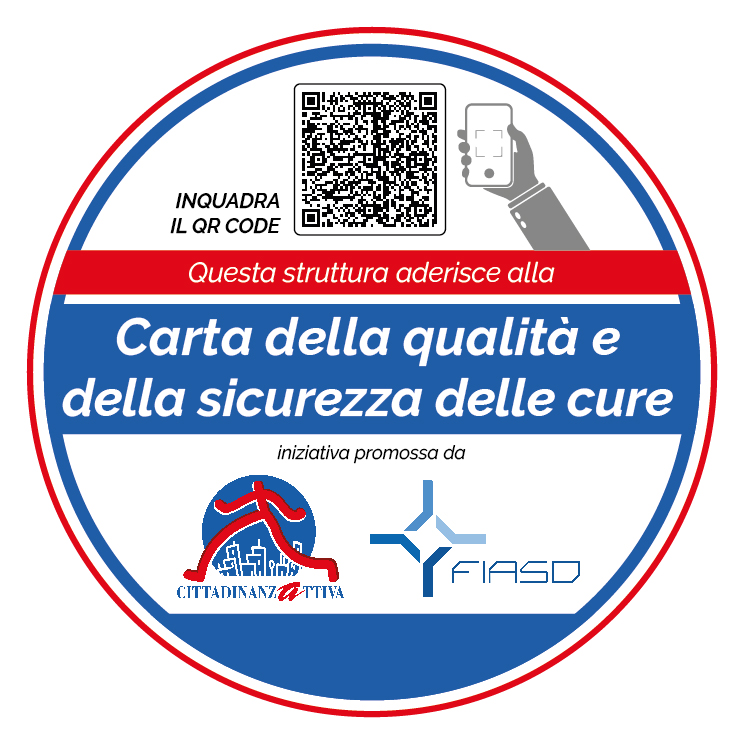ANTIBODY-BASED REAGENTS
Antibody-based Reagents for diagnostic and therapeutic use
The main purpose of this area of research is the production, characterization, and optimization of antibody-based reagents.
For the production of new murine monoclonal antibodies (mAbs) we can utilize the classical hybridoma technology whereas for the production of human mAbs we use the phage display technology. Regarding hybridoma technology, a remarkable platform for generating high-quality mAbs is available.
It includes cell fusion for hybridoma generation, antibody screening and characterization, hybridoma subcloning and production of mAbs from hybridoma cells. For the design of a good antibody-based reagent and for optimization of its clinical use, it is important to know the mechanism by which the mAb exerts its activity, the biology of the target, and the characteristics of the targeted disease. About this, we have a long-lasting experience gained in investigating the mechanism(s) of action of de novo produced and clinically available mAbs in affecting tumor progression. Using antibody engineering, we can modify the reagent to better respond to clinical needs.
As examples we can: produce antibody fragments or entire antibody with different constant domains, Improve\decrease ADCC\CDC by modifying the FC portion, create fusion protein with cytokine or cytotoxic agents or redirect immunological cell on tumor using the antibody specificity (bispecific antibodies). Thanks to the collaboration with the nuclear medicine department, the group has extensive experience in radiolabel antibodies for therapy and diagnosis.













